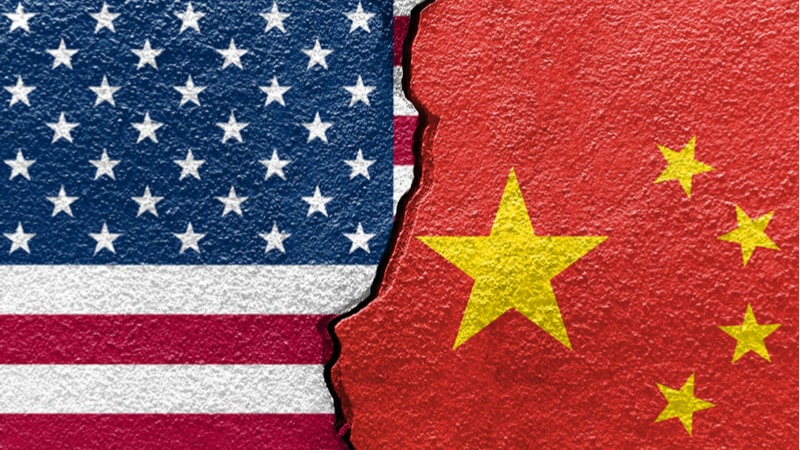
President Donald Trump declared a “national emergency” when he signed an executive order (EO) on May 15 that would grant Federal authority to prohibit the adoption of foreign adversaries’ telecom suppliers. Though the order was signed only a day ago, both legislators and trade groups have already weighed in and the EO has received mostly positive reviews.
Vice Chairman of the Senate Select Committee on Intelligence Mark Warner, D-Va., said the EO is a needed step to secure communications networks in both the United States and in allied countries.
Warner specifically mentioned China-based telecom companies Huawei and ZTE in his statement.
“Under current Chinese security laws, these and other companies based in China are required to provide assistance to the Chinese state,” he said in a statement.
However, Warner did note that the country has “yet to see a compelling strategy from this Administration on 5G, including how the Administration intends to work cooperatively with our allies and like-minded nations to ensure that international standards set for 5G reflect Western values and standards for security and privacy.” Additionally, he stressed that the United States does not have a “stated plan for replacing this equipment from existing commercial networks – a potentially multi-billion dollar effort that, if done ineptly, could have a major impact on broadband access in rural areas.” Finally, he noted that a “coherent coordinated and global approach is critically needed as nations and telecom providers move to implement 5G.”
On the other side of the aisle, Sen. Marco Rubio, R-Fla., highly praised the bill and said he strongly supports both the EO and Commerce Secretary Wilbur Ross’ decision to “issue a denial of export privileges against Huawei.”
“Huawei is a state-directed instrument of national power used by the Chinese government and Communist Party to destroy their international competitors, undermine U.S. companies, spy on foreign countries, and steal intellectual property and trade secrets,” Rubio said.
He further said the administration as a whole deserves “enormous credit for their efforts to comprehensively tackle the threat that Huawei and other foreign state-directed telecommunications companies pose through their efforts to undermine and endanger critical U.S. systems and infrastructure.” He mentioned the administration’s work on trade deals with China, and urged them to “stand strong on Huawei and hold the Chinese government and its state-owned and state-directed enterprises accountable for their hostile actions threatening U.S. economic and national security.”
In a brief statement, Sen. Ben Sasse, R-Neb., praised the EO.
“Let’s cut to the chase: China’s main export is espionage, and the distinction between the Chinese Communist Party and Chinese ‘private-sector’ businesses like Huawei is imaginary. The Trump Administration is right to recognize this reality and issue this order. Huawei’s supply chain depends on contracts with American companies and the Commerce Department ought to take a careful look at how we can effectively disrupt our adversary.”
While Sen. Chris Van Hollen, D-Md., acknowledged the threat posed by Huawei and ZTE, he also criticized President Trump’s behavior on the international stage. He said, “For months we have raised the alarm on the clear and present danger that companies like Huawei and ZTE pose to American national security. But this Administration’s loss of credibility with our European allies and others around the world has significantly hindered our efforts to present a united force against these companies.”
Off the Hill, broadband industry group USTelecom also weighed in.
“Action is required against any country, organization or individual that exploits the technology supply chain to compromise our global internet and communications infrastructure,” said Robert Mayer, senior vice president of Cybersecurity at USTelecom. “This is a national security issue of the highest order. Now that the Executive Order has been issued, it is critical there continues to be effective coordination across all agencies of government and close partnerships with the private sector to combat this growing threat to consumers and communities.”
